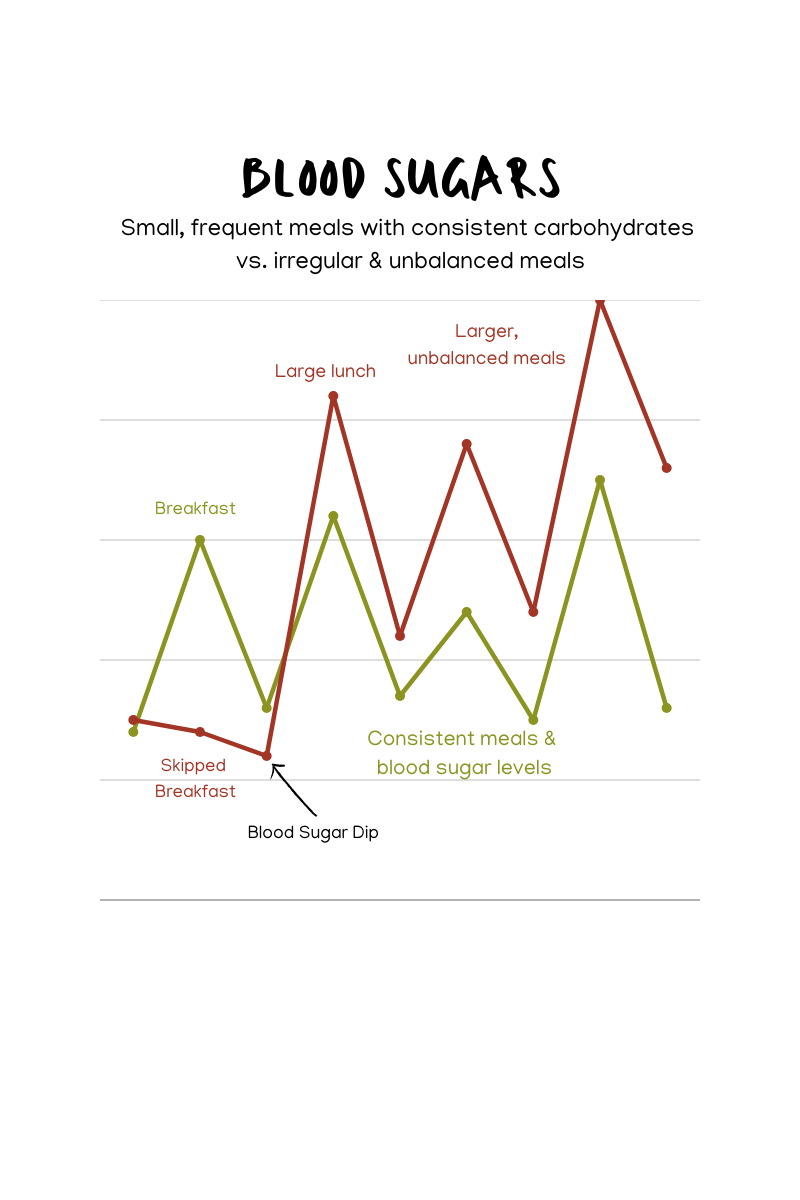10 Surprising Risks You Might Not Know About When You Skip Breakfast

Skipping breakfast might seem harmless—especially if you’re in a rush or trying to cut calories—but it can do more damage than you think. Here are 10 surprising health risks that come with regularly skipping your morning meal.
1. Blood Sugar Swings

Missing breakfast can send your blood sugar levels on a rollercoaster ride, especially if you struggle with insulin resistance or diabetes. As your body grapples with the absence of morning nutrition, energy crashes and mood swings may become your unwelcome companions.
The lack of a morning meal might lead to sugar cravings later, tempting you to make unhealthy food choices. This cycle of instability could impact your overall well-being, draining your energy and focus throughout the day.
Understanding this risk emphasizes the importance of a balanced breakfast for maintaining steady blood sugar levels.
2. Slower Metabolism

Imagine your body as a finely tuned engine that needs fuel to run efficiently. Skipping breakfast might signal to your body that it’s time to conserve energy, which can slow your metabolism over time.
Without the jumpstart of morning nutrients, your body may enter a conservation mode, ultimately affecting your ability to burn calories effectively.
This seemingly minor morning decision may lead to weight management challenges, underscoring the need for a nutritious breakfast to keep your body’s metabolic engine running smoothly.
3. Overeating Later

Skipping breakfast might seem like a good way to cut calories, but it often backfires. When you skip that crucial morning meal, you’re more prone to overeat during lunch or indulge in mindless snacking throughout the day.
This behavior is often driven by intense hunger that builds up, leading you to reach for high-calorie, low-nutrient foods.
It’s a cycle that can disrupt your dietary balance and make weight management more challenging. Recognizing this pattern, you might find a healthy breakfast to be a beneficial strategy for curbing overeating later.
4. Poor Concentration and Brain Fog

Your brain thrives on glucose, and skipping breakfast can leave it starved for essential energy. This can result in a foggy mind, making it difficult to concentrate on tasks throughout the morning.
Feeling mentally sluggish and forgetful becomes commonplace without that initial nutritional boost. The haze of brain fog can cloud your productivity, making even simple tasks seem monumental.
To clear the mental mist, a breakfast rich in nutrients could be your key to unlocking sharper focus and improved cognitive function.
5. Increased Risk of Heart Disease

Regularly skipping breakfast might have more serious implications than you think. Studies suggest a link between this habit and an increased risk of heart disease, including higher blood pressure and cholesterol levels.
The lack of morning nutrients can contribute to these cardiovascular issues, emphasizing how essential breakfast is for heart health.
By starting your day with a balanced meal, you may help mitigate these risks, supporting your heart’s well-being and reducing potential health complications.
6. Mood Swings and Irritability

Ever notice how skipping breakfast leaves you feeling more than just hungry? The absence of morning nourishment can lead to mood swings and irritability, fueled by low blood sugar levels.
Even mild fasting can trigger feelings of anxiety or aggression, making interactions with others more challenging.
To maintain a balanced emotional state, consider the impact of a simple meal. A nutritious breakfast can stabilize your emotions, helping you face the day with a calmer, more composed demeanor.
7. Hormonal Imbalance

Skipping meals, especially breakfast, isn’t just about hunger—it’s about hormones too. The disruption can affect cortisol, insulin, and hunger hormones like ghrelin and leptin, leading to potential imbalances.
These hormonal shifts might influence weight management, sleep patterns, and even reproductive health over time.
Understanding the importance of maintaining hormonal balance underscores the need for a morning meal, highlighting its role in supporting your body’s intricate systems.
8. Digestive Discomfort

For some, skipping breakfast can lead to digestive woes. The long gap without food may cause bloating or acid buildup, resulting in discomfort.
Overeating later can compound these issues, further straining your digestive system.
Awareness of these potential effects might encourage you to prioritize breakfast as a way to maintain digestive harmony and prevent unnecessary tummy troubles.
9. Poor Workout Performance

Morning workouts can be challenging without fuel. Skipping breakfast may leave you with less endurance and energy, impairing your athletic performance.
Lack of nutrients before exercise can hinder muscle recovery and overall fitness goals.
For those committed to their fitness routine, incorporating a pre-workout breakfast might be the secret to unlocking better performance and reaching new personal bests.
10. Weight Gain

Ironically, cutting out breakfast might lead to weight gain rather than loss. The absence of a morning meal can disrupt appetite regulation and metabolism, leading to increased hunger later.
This can prompt overeating and poor food choices, counteracting any calorie-cutting intentions.
Understanding this paradox highlights the importance of breakfast as a tool for effective weight management, encouraging balanced eating habits for long-term success.
